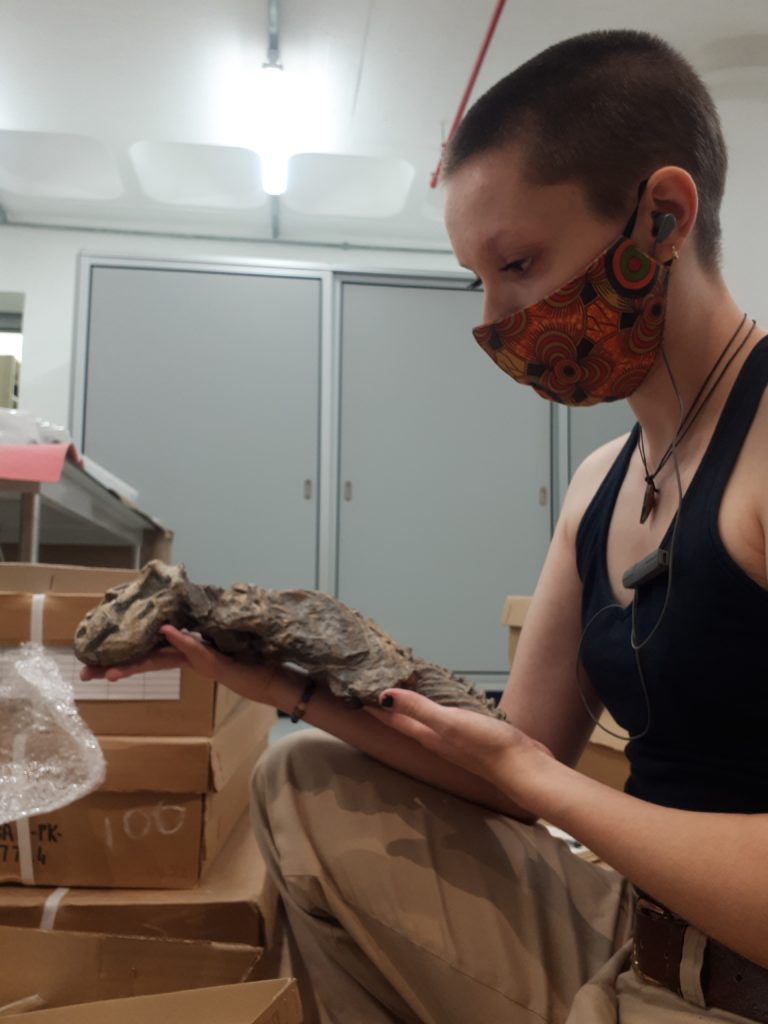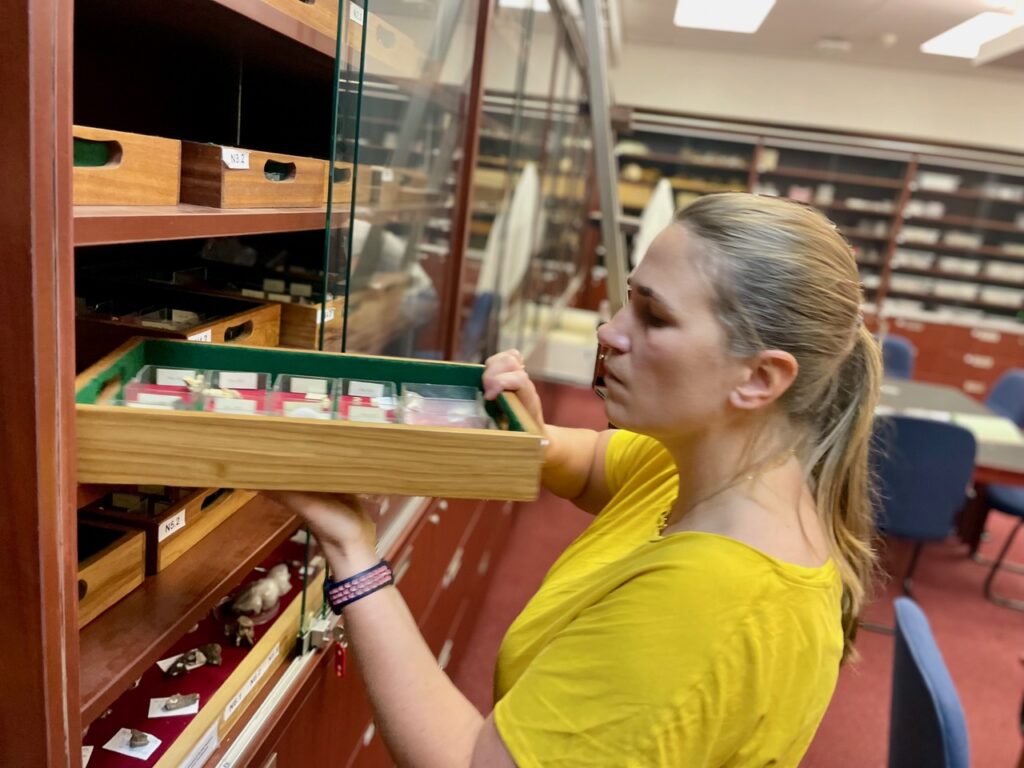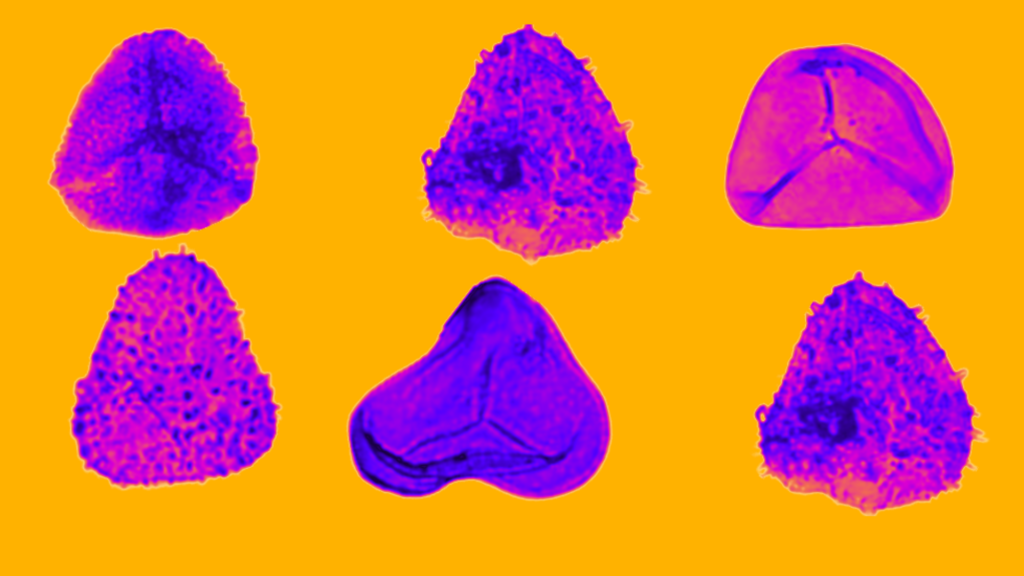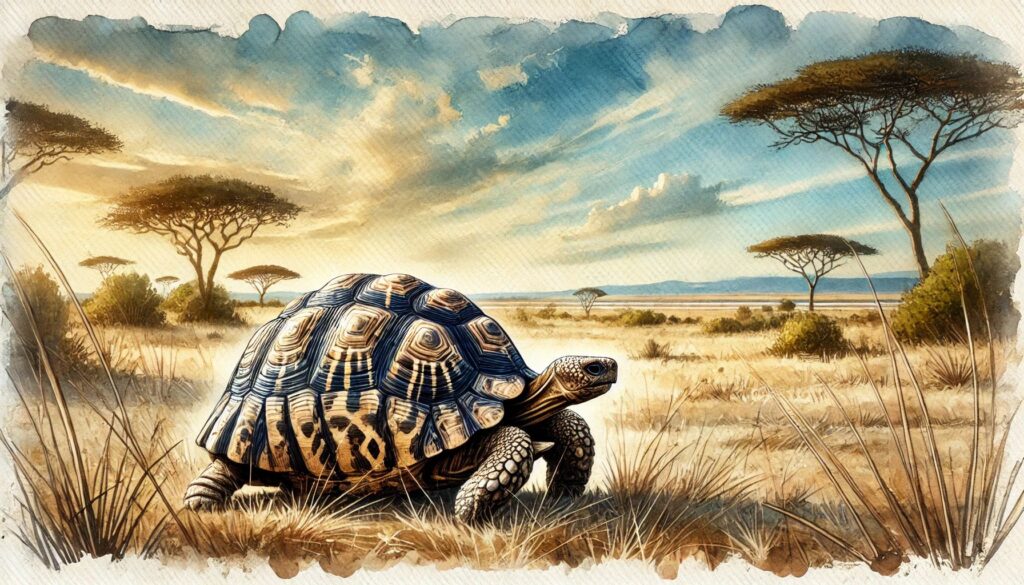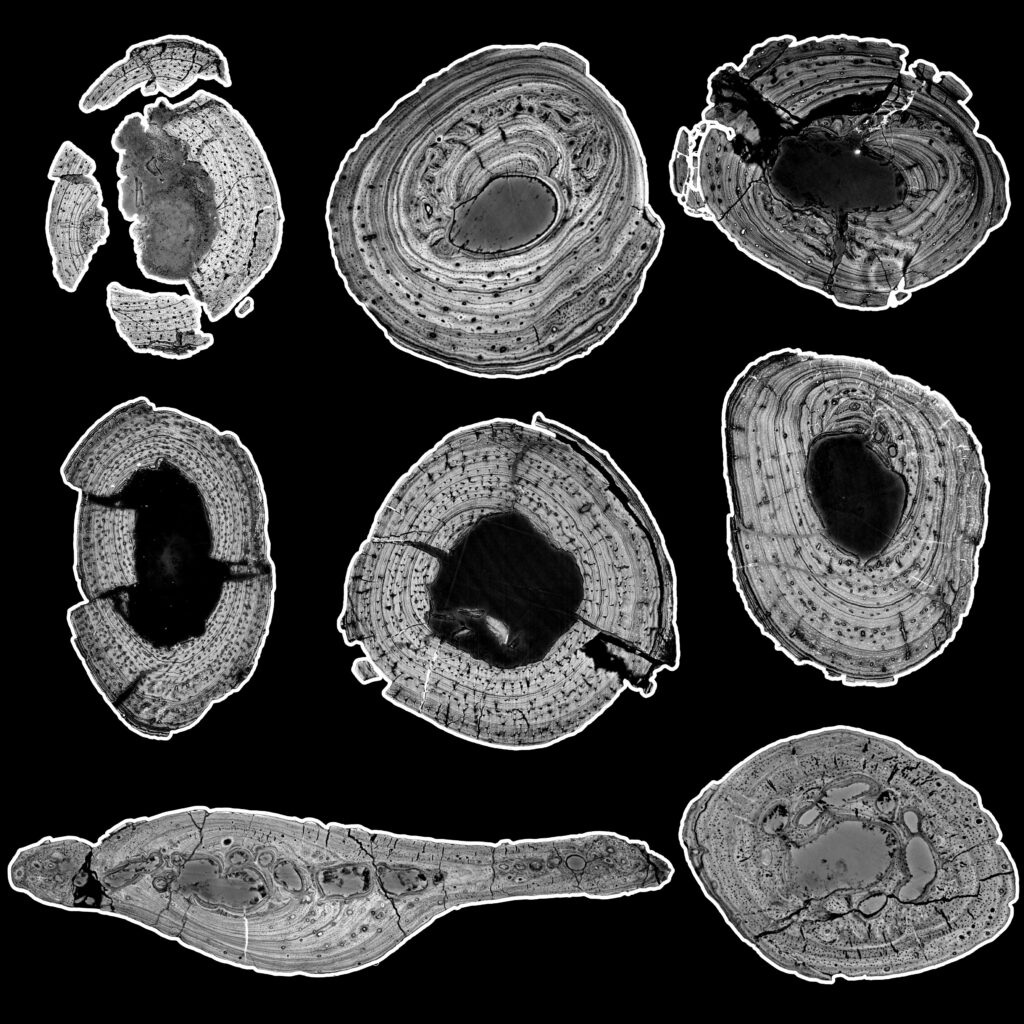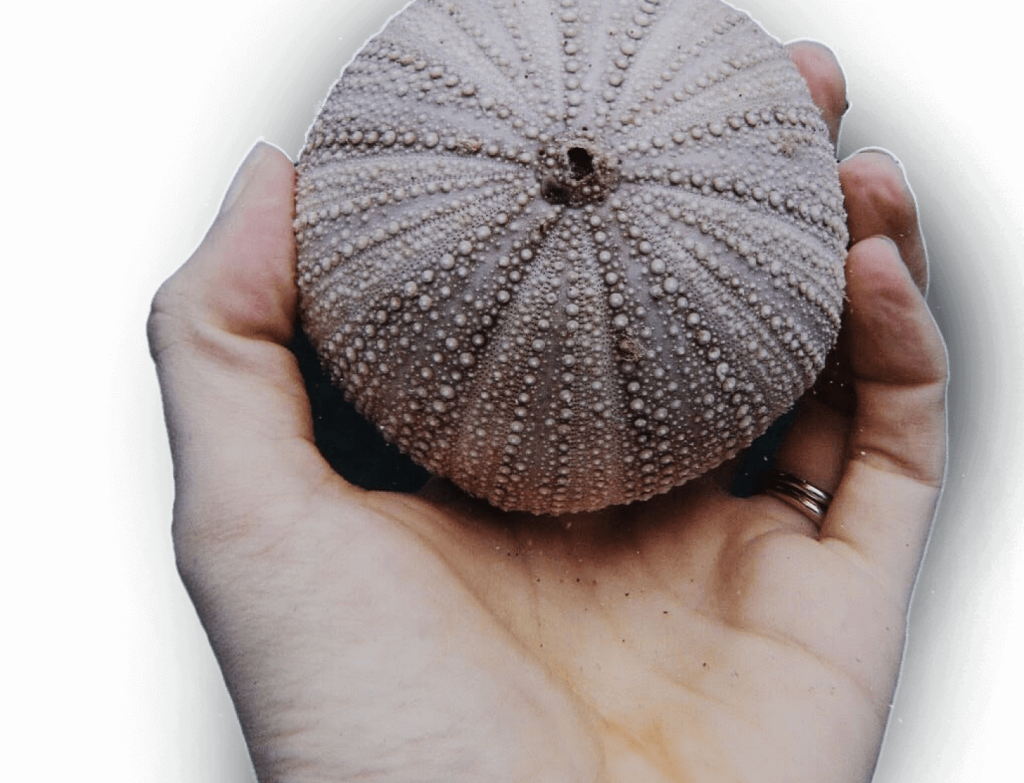Congratulations, Caitlin Rabe! FameLab South Africa Runner-up
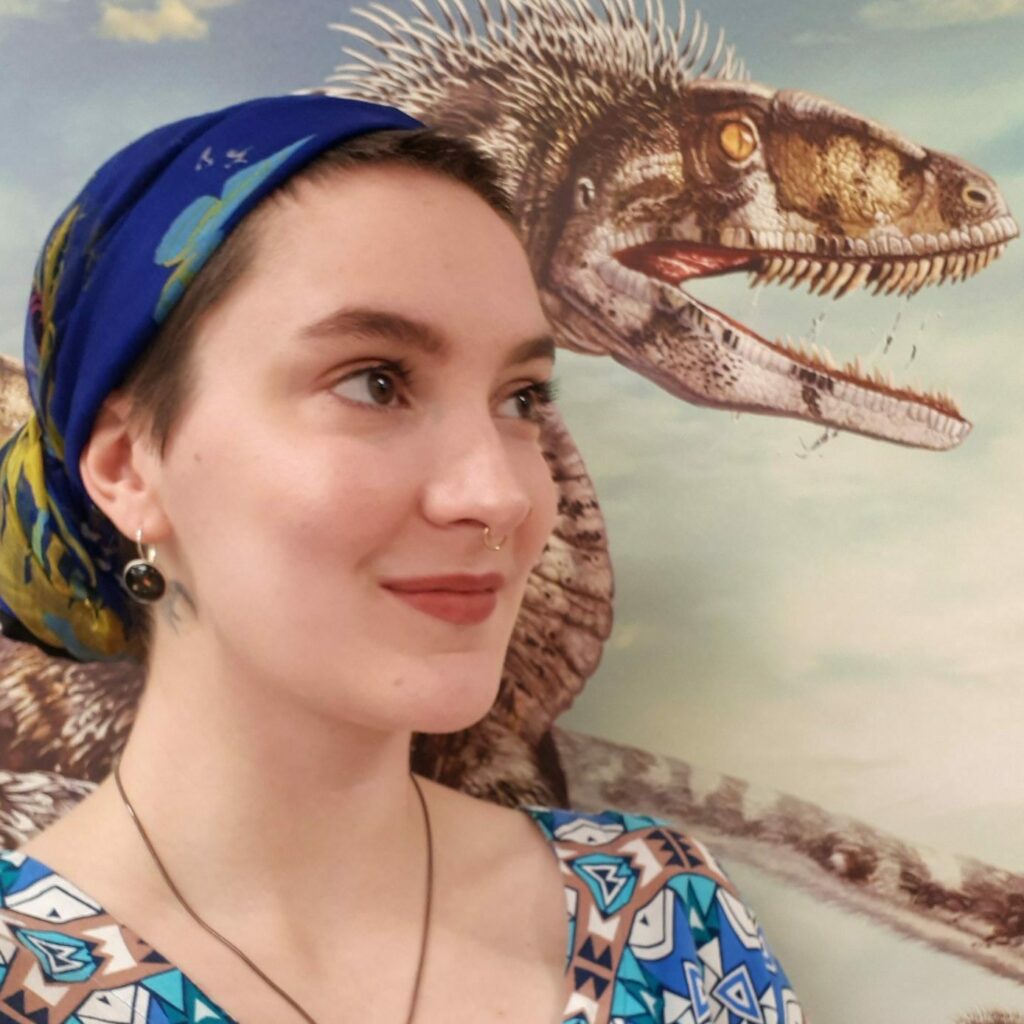
Small bites
- FameLab is an international competition that challenges young scientists to share their research with a public audience.
- As Caitlin explains, studying palaeosciences is like opening a window into the past and seeing life that once existed millions of years ago.
- This detailed record of the past allows us to predict long-term patterns in biodiversity and take informed actions about the future.
Life will find a way.
Caitlin Rabe, a Master’s student in the Palaeobiology lab at the University of Cape Town and a GENUS grantee, was named the runner-up of FameLab South Africa 2021. FameLab is an international competition that challenges young scientists to communicate in under three minutes what their research is all about to a public audience. The contestants must make science relatable to all in their talks without jargon or formal presentations.
As a South African palaeoscience representative, Caitlin talked about her early fascination with palaeosciences and how she was inspired. She explained that she was instantly mesmerized by Steven Spielberg’s Jurassic Park and the lush cinematic experience of the prehistoric world. She stated, “How could we not be awed by the 13-meter-tall brachiosaurus, the kingly crown of the triceratops, or the ferocious jaws of the infamous Tyrannosaurus rex?”
She also discussed the value of studying palaeosciences and how every time she holds a fossil, it opens a window through which she glimpses into the past. It allows her to see life that once existed millions of years ago, from the types of plants in a forest ecosystem to the small creatures that lived in spiral burrows. Moreover, she explained how these detailed past records allow us to predict long-term patterns in biodiversity and to take informed actions about our future. Caitlin is currently working on studying the Diictodon, a small burrowing animal from the Karoo Basin of South Africa, at the University of Cape Town. She explains, “A little creature would eventually go extinct…but its resilient relatives would live on and forge their own way through time and space. So, when faced with challenges of an unpredictable future, we need only look to our past and be reminded that life does indeed find a way.”
